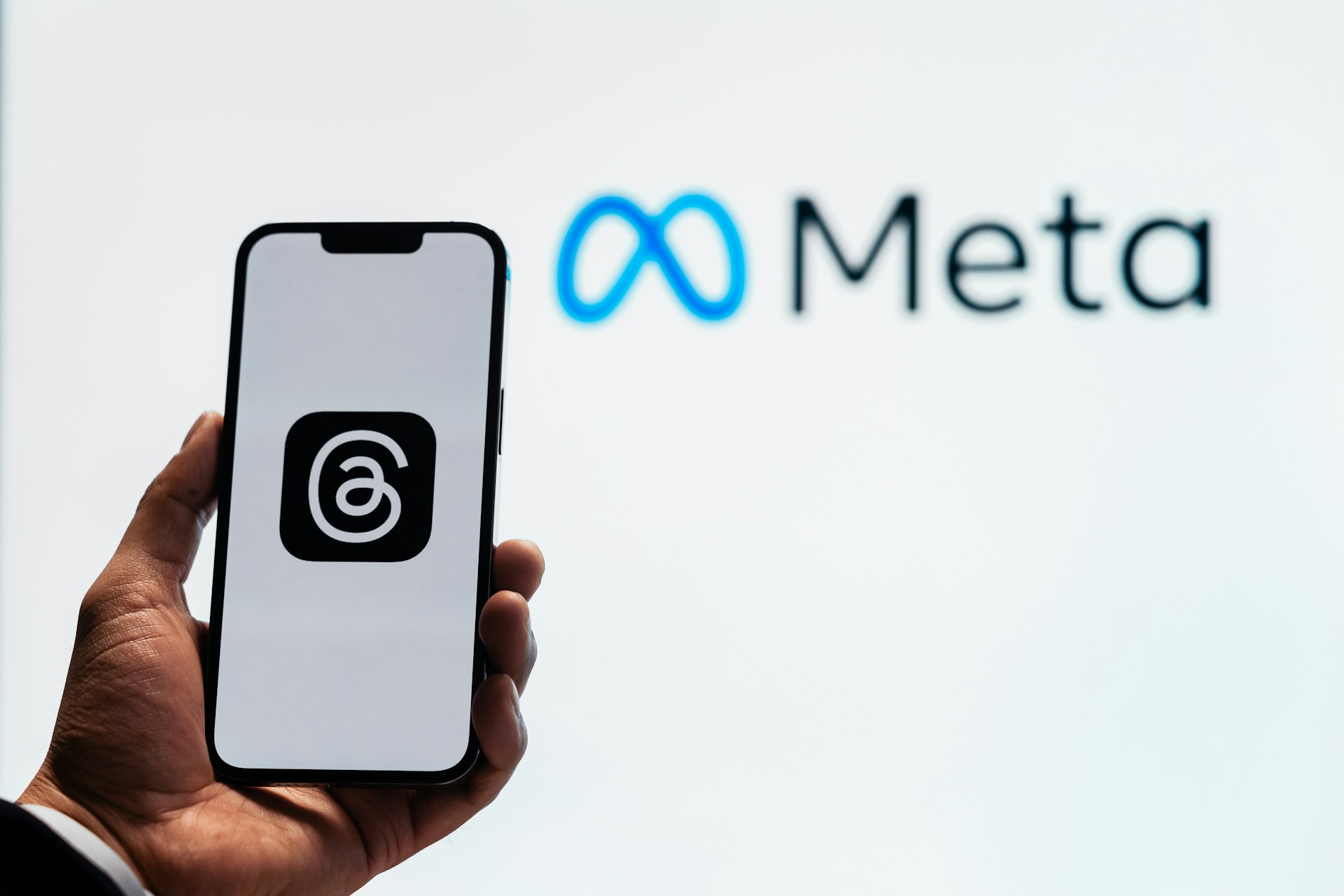Meta Platforms has won a temporary arbitration ruling that prevents former employee Sarah Wynn-Williams from promoting her memoir, “Careless People,” citing violations of a non-disparagement agreement. Wynn-Williams, who previously held a significant role within Meta, accuses senior executives, including CEO Mark Zuckerberg and former COO Sheryl Sandberg, of fostering a corporate culture resistant to criticism and accountability.
In her memoir, Wynn-Williams paints Zuckerberg as immature and dismissive of critical feedback, while characterizing Sandberg’s public persona as inconsistent with her actions internally. Additionally, the book critically examines Facebook’s handling of misinformation and alleges problematic approaches toward censorship and transparency. Meta, however, refutes these claims, labeling them inaccurate and outdated. The tech giant also states that Wynn-Williams’ employment was terminated due to poor performance.
The arbitration ruling currently restricts Wynn-Williams from promoting or discussing the memoir publicly. Despite this, the book’s publisher remains defiant, emphasizing their commitment to sharing stories they consider significant for public discourse. Flatly rejecting Meta’s attempts to silence Wynn-Williams, the publisher continues to market the memoir, underscoring the broader societal importance of transparency and accountability within major technology firms.
Interestingly, Meta’s efforts to suppress the book’s promotion may inadvertently amplify public interest, a phenomenon often referred to as the “Streisand effect.” Critics suggest that by attempting to silence the author, Meta may inadvertently draw greater attention to the controversial content.
This conflict highlights the broader issue of tensions between technology corporations and former employees, particularly when sensitive company practices and leadership styles are exposed publicly. It also raises critical questions about the limits corporations face in managing their reputations through legal mechanisms, and how effectively they can control narratives once those narratives become part of public discourse.
Ultimately, the outcome of this dispute will likely set important precedents regarding corporate influence over former employees’ freedom of speech, the boundaries of non-disparagement agreements, and the transparency expected from major technology firms.


